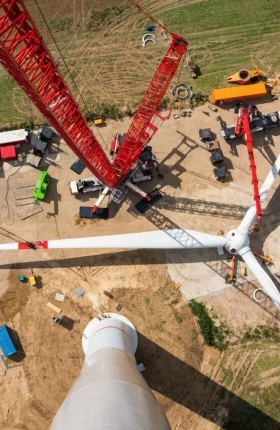BCG’s Approach to Decarbonization
Leading companies are proving that net zero decarbonization is a business opportunity that can bring sustainable competitive advantage. They aren’t just creating more value; they’re changing the game in their industries by showing the way to a profitable, decarbonized future.
At BCG, we take a highly sector- and company-specific approach to decarbonization, since each organization’s operating environment, assets, and regulatory constraints are unique. Our work often begins by shaping a tailored decarbonization strategy that aligns environmental ambition with clear business objectives. We help companies deploy decarbonization methods to reduce the carbon intensity of their operations and activities across the full value chain, and we help identify new business opportunities that can deliver sizable revenue streams.
We focus on a variety of high-impact decarbonization solutions, all of which represent both decarbonization levers and growth opportunities. They include:
Bioenergy
Carbon Capture, Utilization and Storage (CCUS) and Carbon Removals
Energy Storage
Green Building Materials and Construction
Green Building Technology and Renewable Heat
Green Industrial Heat
Hydrogen and E-fuels
Low-Carbon Energy Sourcing
Nuclear
Renewables and Low-carbon Solutions
We also help clients deploy forward-thinking decarbonization methods in sustainable operations—which reduce emissions across the product life cycle, increase sustainability in procurement and supply chain, enhance operational efficiency, and help transition to the circular economy—as well as nature-based solutions.
Our Clients’ Success in Decarbonization



Our Decarbonization Solutions

CO2 AI
CO2 AI

Net Zero Tool Suite
Net Zero Tool Suite
Our Partnership Supporting Decarbonization
Our Insights on Decarbonization Solutions





Meet Our Decarbonization Consulting Leadership Team











